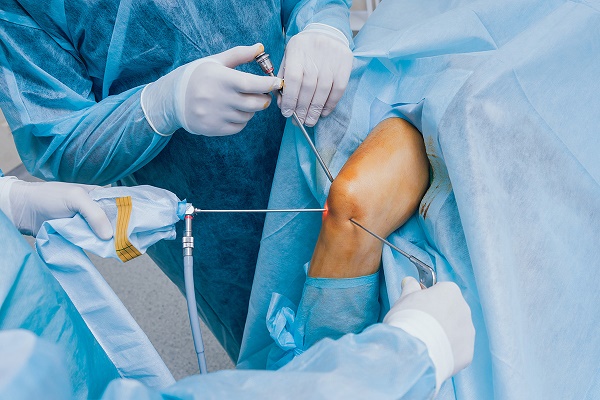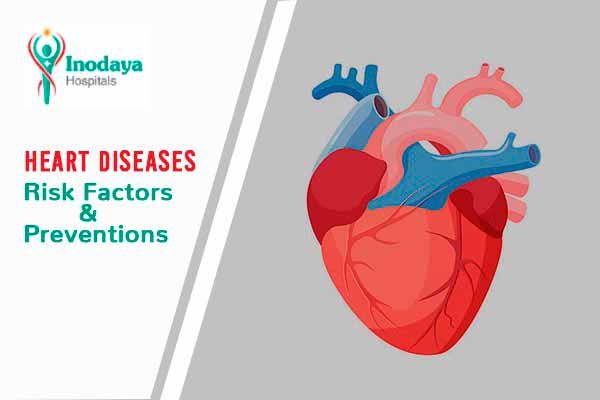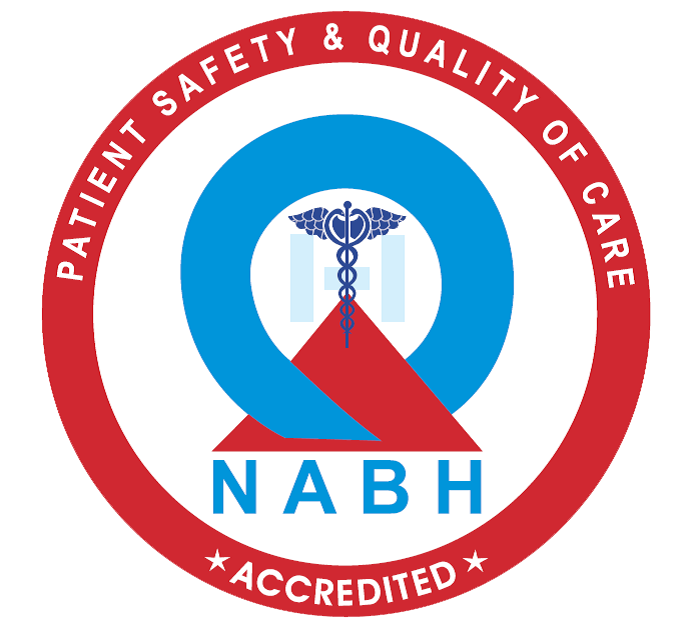Struggling with obesity-related health conditions? Your doctor may have mentioned weight-loss surgery to improve your overall health and quality of life. But what exactly is it, and what can you expect before and after the procedure? Various weight loss surgeries are available, including the roux-en-Y gastric bypass, the vertical sleeve gastrectomy, and adjustable gastric banding.
The appropriate weight loss surgery or bariatric surgery, combined with changes in diet and exercise, can lead to better health outcomes – says Dr. Ram Mohan, one of the best bariatric surgeons at Inodaya Hospitals.
Types of Procedures
Roux-en-Y gastric bypass is laparoscopic surgery to reduce the size of your upper stomach so you can only eat smaller quantities of food. The surgeon makes a small incision in the abdomen and then staples off the upper section of the stomach into a small pouch that is then attached to the Roux Limb section of the small intestine.
A vertical sleeve gastrectomy (VSG) is a minimally invasive weight-loss surgical technique during which your stomach size is reduced to three or four ounces. This allows limiting the amount of food you consume to help you lose weight. After a VSG, ghrelin levels, a hunger hormone, also drops so that your appetite is initially reduced and aids in the weight-loss process.
Gastric banding (LAP-Band) is a weight loss surgery that involves placing a silicone band around the upper part of the stomach to decrease stomach size and reduce your food intake. A small outlet slows the emptying process into the stomach, enabling you to feel fuller very quickly.
Before weight loss surgery
Weight loss or bariatric surgery is a significant surgical procedure with extremely positive outcomes and comes with some side effects of any major weight loss procedure. Before going to weight loss surgery, it’s crucial to understand the health risks and benefits associated with the surgery and the lifestyle changes expected following the bariatric surgery.
When you are considering bariatric surgery, your doctor will evaluate whether weight loss surgery is right for you and which type of surgery for weight loss is appropriate for your condition. Before surgery, nutrition counseling and physical and psychological evaluation are often a part of this process.
The health care team will also provide you with instructions about preparing for the weight-loss surgical procedure. In the months or weeks before bariatric surgery, you will be given eating and drinking restrictions and exercise guidelines, and you may be asked to attend lifestyle counseling.
Many weight loss treatment doctors will also require you to lose some initial weight before operating. This is usually done for optimal health and safety because weight-loss surgery requires permanent lifestyle changes.
After weight loss surgery
Depending on the surgeon’s considerations and the type of bariatric procedure, patients typically take about two to three weeks to recover and return to work after the surgery. The first few weeks of surgery require sticking to a liquid diet and gradually reintroducing foods to your digestive system.
Nutritional supplements will be required, and you will feel full after consuming a little amount of food. Dieticians develop meal plans ahead of time for every patient, and the process is done under the supervision of your bariatric surgeon. Then, your esophagus and stomach typically adjust to consuming regular food again after one to three months of surgery.
Talk to your registered dietitian about preventing the “dumping syndrome,” which is gastric distress (cramping, diarrhea) that you experience when you indulge in certain foods. Yet, you must have follow-up appointments regularly to make sure you are losing weight consistently and healthily.
However, if you went through a gastric banding weight loss surgery, you will typically have band adjustments every two months during the first year, then twice a year, then annually. Other patients can visit every three months, then twice a year, then annually.
Possible complications from weight loss surgery include leakage, bowel obstruction, ulcers, blood clots, gallstones, vomiting, and abdominal pain.
The most important thing to remember is that weight loss or bariatric surgery is permanent and requires hard work and a lifelong commitment. Want to know more about obesity treatment? Visit Inodaya Hospitals, Kakinada. We provide safe and effective treatment options for those affected by severe obesity.





















































